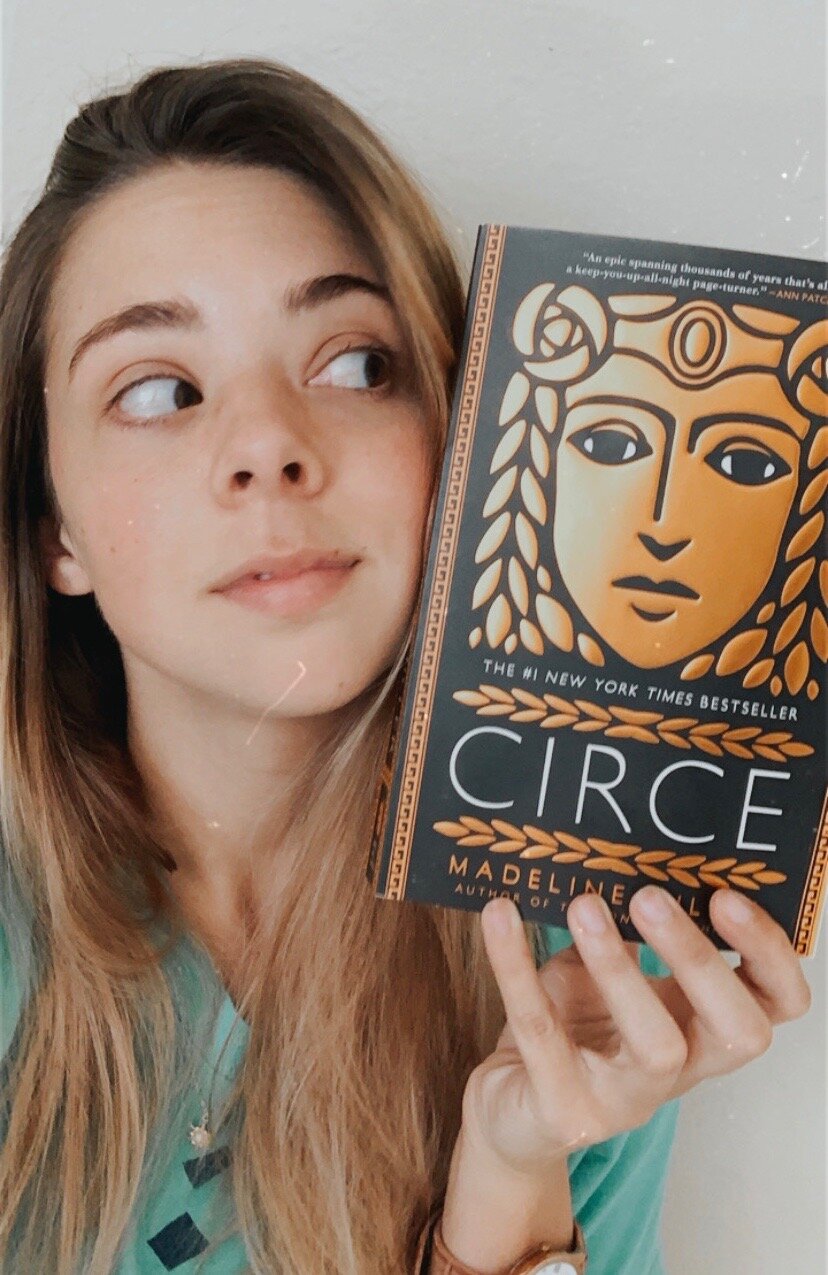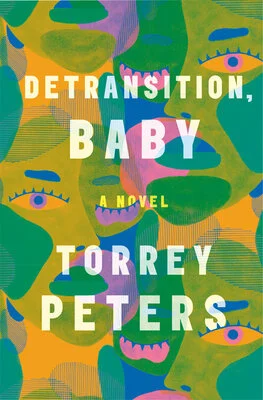Circe by Madeline Miller
Title: Circe
Author: Madeline Miller
Published: 2018
Type: Fiction
Pages: 385
Humbling women seems to me a chief pastime of poets. As if there can be no story unless we crawl and weep.
In Brief:
Great feminist rewriting of classic Greek myth(s), with a rapid plot and compelling characters. Cliche as it is, I couldn’t put it down.
Rating: 4.5
Synopsis:
Circe re-tells the story of the so-named nymph of Greek mythology, the immortal daughter of the Titan sun god Helios and the naiad Perse. Those familiar with Greek myths will recognize her in many tales, most famously the Odyssey, where she is described as a witch who turns men into pigs. In the traditional myths, Circe is never more than a minor character, mysterious and limited.
Miller’s story turns that around and focuses on Circe, giving her a rich history and evolving character. Born as the lowliest of Helios’s children, she is tormented by her family and ignored by the gods. She meets Prometheus during his punishment and shows him kindness, learning from him a fond fascination towards mortals. When she falls in love with a mortal, Glaucous, she discovers for the first time the powers of witchcraft, and turns him into a god. Once immortal, Glaucous spurns her for a more beautiful nymph – furious, Circe turns that nymph, Scylla, into a terrifying, multi-headed sea-monster.
After admitting what she’s done, Circe is banished to the island of Aiaia by the gods. In her exile, Circe grows in strength, learning the extent of her witchcraft and maturing from a sheltered nymph into a powerful goddess in her own right. She becomes involved with a number of familiar stories and characters: the Minotaur, Icarus and Daedalus, Ariadne, Jason and Medea, Hermes, Athena – just to name a few. She turns sailors that come to her island into pigs not out of misandry or boredom, but self-defense after being raped by men to whom she gave shelter. Of course, she meets and falls in love with Odysseus, gives him and his crew shelter for a year, and ultimately bears him a son, Telegonus. It is as a mother that Circe becomes her most powerful, as well as the most human: despairing and hopeless at his cries, but committed beyond all else to his protection, no matter the cost.
Where I’m At:
I was always going to love this book. One of my earliest memories is sitting on the floor and flipping through my Nana’s fat yellow book of Greek mythology, even before I could really read. When I was maybe six, I dressed up as Aphrodite for Halloween and was very annoyed when everyone thought I was a princess (Artemis was actually my favorite, but I thought Aphrodite had a cooler costume).
But even beyond that, this particular moment was a particularly auspicious time for me to read this book. Though my roommate is thankfully back by now, the ongoing quarantine makes me especially sympathetic to Circe’s exile (though I wish I could have a whole island myself). I also read this book in the few days following the release of Fetch the Bolt Cutters by Fiona Apple, which I absolutely love (not a novel opinion, I know).
I’m not here to review music, not least because I’m not really musically-inclined and will listen to just about anything. Usually, my first priority is “Can I sing along to it?” But this album hit me right in the fucking chest. It made me cry, it made me laugh, it made me both unbearably angry and desperately sad. As Apple herself said,
It’s about breaking out of whatever prison you’ve allowed yourself to live in, whether you built that prison for yourself or whether it was built around you and you just accepted it. The message in the whole record is just: Fetch the fucking bolt cutters and get yourself out of the situation that you’re in — whatever it is that you don’t like.
So it went along really well with the story of Circe breaking out of her abusive household, learning to develop her own powers and voice, particularly as a woman. I even scrawled it in the margins as she finally stands up to Helios: “I will see you torn down, Father, before I will be jailed for your convenience any longer.”
So yeah. Listen to the album.
Lastly, there was a sort of personal element to it for me. I’ve struggled for a long time with figuring out how to manage my strength as a woman, how to balance kindness and tenderness, my natural inclination to be gentle and accomodating, with a simultaneous sort of desperate ambition, a desire to be taken seriously and do Big Things. I’m sure a lot of women feel that way, and I think this book speaks to that beautifully.
Getting Into it:
In some ways, I do admit that basing stories off Greek myths is sort of cheating – most people who grew up with Western Literature will already be familiar with the characters and stories, so more easily brought in. Still, I found the way that Miller made these stories deeply feminist in her retelling novel and exciting.
For example, Miller’s version of Circe develops her power in a way that is particularly feminine. She’s an artist and has to work for the magic, putting in extensive time and labor into her spells. She also gets her power primarily from the earth and spends most of her time either in nature or in the kitchen, chopping and boiling and toiling over the herbs she harvests herself. She also often contrasts her power to that of her brothers’, which she describes as being “all witchcraft and no warmth,” in a way that comes across as very feminine.
Furthermore, Miller changes the most important behavior of classic Circe – that she turns men into pigs – onto its head by giving, again, what is, unfortunately, a particularly feminine reason. She writes poignantly of Circe’s trauma after her assault, writing that she could feel his fingers with every movement after, that she kept herself busy to avoid the pain. When she transforms the men afterwards, they moan and squeal:
We are sorry, we are sorry.
“Sorry you were caught,” I said, “Sorry you thought I was weak, but you were wrong.”
There’s even a decidedly feminist slant to Circe’s exile. She needs that solitude, the space to be away from the family and society that controlled her for so long, so she can discover who she truly is. In the epilogue, Miller compares it to Virginia Woolf’s A Room of One’s Own.
It doesn’t end at Circe. Miller pays close attention to other female characters who are often overlooked and unthanked in the myths: Medea, Ariadne, Penelope, Pasiphae. She gives them a history those stories often ignored, their own motivations and traits. I was actually rooting for Circe and Penelope to get together at the end.
In addition to enjoying the book’s feminism, I also found it structurally quite good. Though the plot itself isn’t particularly new, it moves along at a quick pace that makes it difficult to put down. The characters are relatable, flawed, and evolving, which ultimately makes them very compelling. I definitely recommend this book as a quick and engaging read, and you should definitely pair it with Fetch the Bolt Cutters.







